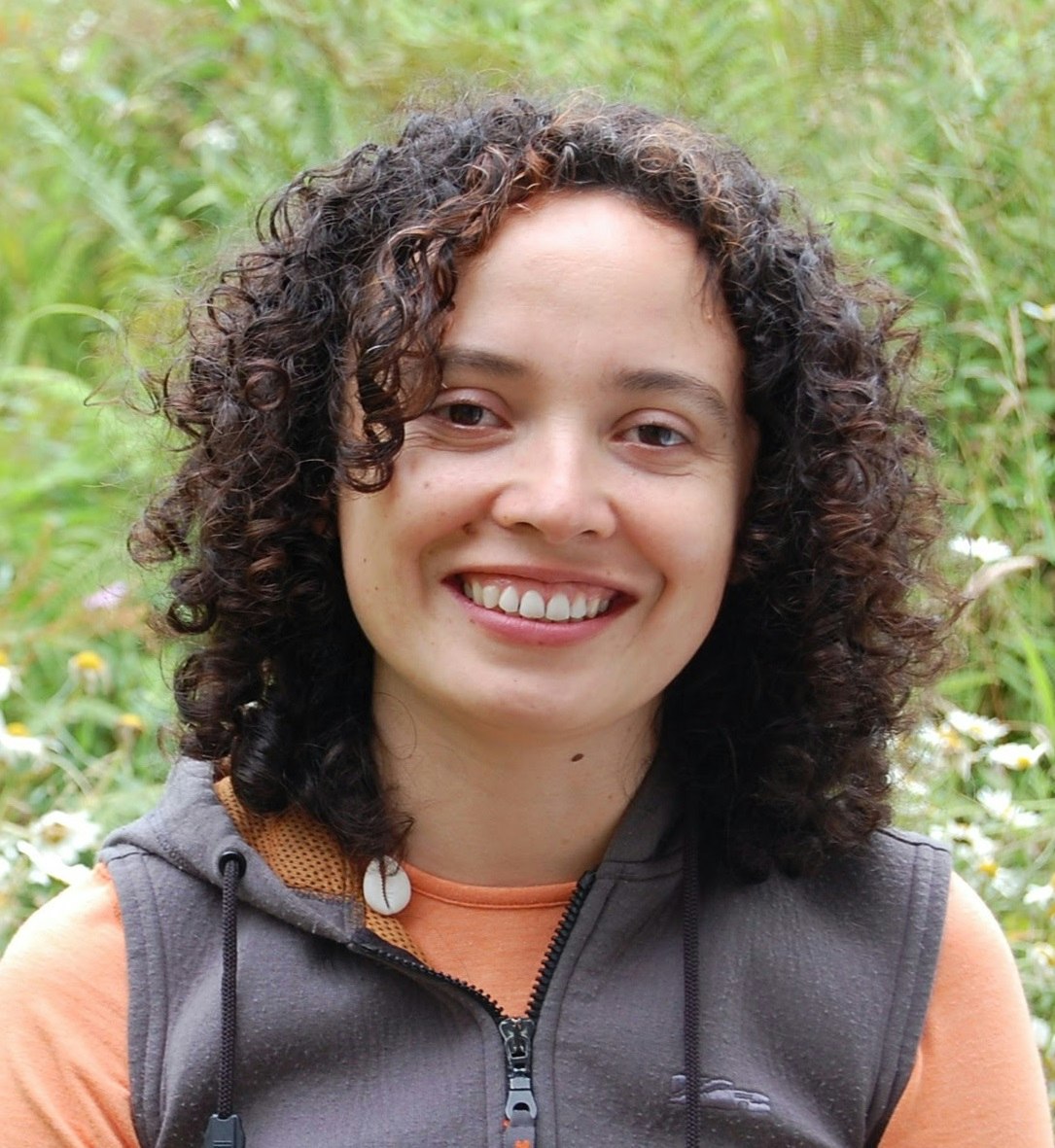Participatory conservation to address the illegal trade of night monkeys for biomedical research, Colombia
Angela Maldonado (Associate Award Winner 2008) is Project Director of Fundacion Entropika, an NGO working for the long-term conservation of the Colombian Amazon through community led education and research.
The Colombia-Peru-Brazil tri-border area is one of the most culturally diverse areas in Amazonia and makes up part of the largest continuous tropical forest on Earth. However, illegal trade in wildlife and timber occurs here on an alarming scale, posing a real threat to biodiversity and impacting the communities who rely on the forests to survive.
Night monkeys are Amazonia’s only nocturnal primates. Traditionally captured and eaten by local communities, these monkeys are also sold to the pet trade. Today, however, the majority of those captured are illegally traded to Colombian laboratories for biomedical research. As well as decimating wild night monkey populations, the trade occurs across borders and provides significant income to only a small number of people. During 2007-2008, some 4,000 night monkeys were traded, generating a value of over US$100,000. However, indigenous collectors receive less than 10% of these revenues and the new trade demands also disrupt traditional resource use in a way that is drastically affecting people’s livelihoods.
Working in the region since 1998, Angela has already successfully engaged indigenous communities in Colombia to significantly reduce the hunting of other primate species. She is now seeking to adapt her previous success to target the drivers of the illegal trade in night monkeys.
Recognising that progress can only be achieved if stakeholders receive a benefit from conservation, Angela is working alongside local collectors to identify alternative, sustainable activities to substitute income from wildlife trade.
Combining science with traditional ecological knowledge, monitoring methods already implemented by indigenous Colombian communities are now being transferred to neighbouring Peruvian communities where primate extraction is most intensive.
Angela says, “Currently, we have the only data available about the night monkey populations in the tri-border area. Local traders and collectors from four Peruvian indigenous communities have been doing census field work with the Entropika team since 2009. As a result, now they have decided to stop the capture of night monkeys.
Angela’s project is single handedly raising awareness of the need to reinforce international wildlife trade regulations in Colombia, using these charismatic monkeys as a flagship species for wider habitat conservation. Simultaneously her team is empowering local communities to protect their natural resources, and their traditional way of life.
Project Update: 2017 Continuation Funding
Tackling illegal trade in night monkeys at the Colombia-Peru border
£70,000 over 2 years
It will be surprising to many that monkeys are still taken from the wild for research. As a result of this harvest, Nancy Ma’s night monkey faces local extirpation in Colombia. Angela’s long-term work has proven that to effectively curb illegal capture of night monkeys, alternative income sources must be available for communities involved in the trade. This project aims to replicate in Peru the successful nature tourism developments and hunting bans implemented in the Colombian Amazon. It will deliver greater protection for overharvested game species and Amazonian ecosystems at the tri-national Colombian-Peruvian-Brazil border, by improving local economies, monitoring and law enforcement. The grant will also support Angela to bravely pursue a law suit against a laboratory to prevent unsustainable capture of night monkeys for malaria research.
In doing so Angela is ensuring the future of these unique nocturnal primates and tackling illegal wildlife trade; which is the world’s third most valuable illicit commerce behind drugs and arms.
PROJECT UPDATE
2023 Continuation Funding
Protecting owl monkeys through tackling wildlife crime
£50,000 over 1 year
Nancy Ma´s owl monkey (also known as ‘night monkeys’, due to their nocturnal lifestyles) have been drastically impacted by illegal trade in the Colombian-Peruvian Amazon. The round-faced primates are crucial to seed dispersal and as a food resource for indigenous peoples, but they are intensely removed from the forest for purposes of commercial hunting, biomedical research and selfie tourism.
After being subjected to research procedures, the night monkeys are released back into the wild without follow-up, risking the stability of resident populations through displacement, transmission of zoonotic diseases and hybridization.
For 25 years, Angela and her team at Entropika have been working to protect the animals, whose environment is also affected by illicit crops and timber extraction that fragments the forest and jeopardizes indigenous livelihoods. Through collaboration with local communities, Angela and her team work to establish alternative sustainable income sources – with the aim of reducing wildlife trade and the extraction of natural resources from their forest home.
Combined with tougher environmental law enforcement, her approach is driven by community-based research and has seen positive impacts from nature tourism, which Angela hopes to replicate from Colombia to San Pablo, Peru, using her Continuation Funding grant. In the absence of governmental follow-up and assessment, Angela will also work to gather data on the impact of released Nancy Ma´s owl monkeys in an ecosystem that is also home to brown-throated sloths and rare river dolphins.






